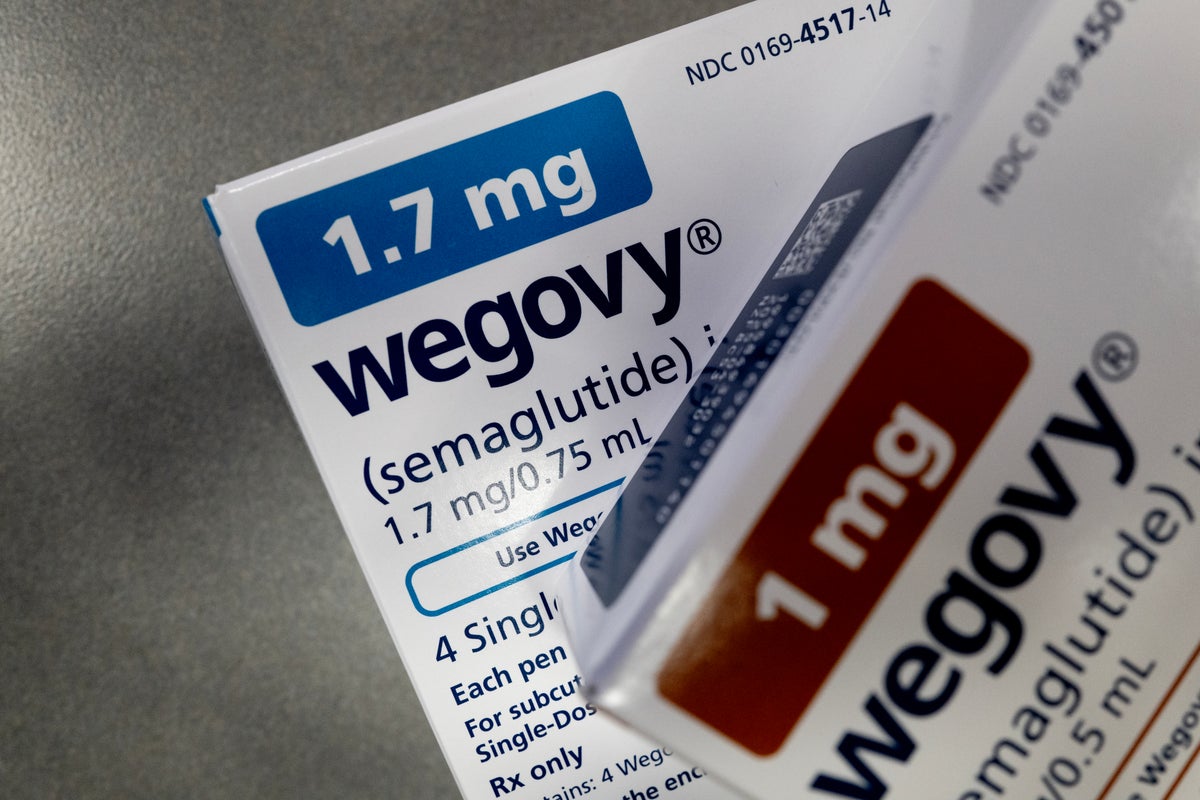American entrepreneurs have saved my grass-mowing season. You see, my grass is finally lush and green and growing like wildflowers, which means I spend my weekends mowing it. Since 2009, however, that hasn’t been so easy to do.
That’s when the Obama Environmental Protection Agency required that the gas containers we use to fill our lawn mower tanks be built with spring-loaded, “spill-proof” spouts. The EPA’s goal? To reduce spillage by creating a permeation barrier and spouts that close entirely. But what was the unintended outcome? These mandated spout contraptions were so awkward and difficult to use, we got gas all over our hands, pants, grass and several other places.

Some readers scoffed five years ago when I first wrote about this government-created agitation. Some commented that I was whining about a small matter. But this spout situation is part of a much larger government-overreach pattern — one that kicked into high gear during the Biden administration.
Biden’s regulators and progressive policymakers went after all kinds of everyday devices to, they argued, reduce the threat of human-caused climate change. They went after gas kitchen stoves, which briefly faced talk of a future ban. They went after dishwashers and washing machines that now clean less thoroughly and take twice as long to finish thanks to rules restricting water usage.
They drove up the cost of air conditioners with stringent new refrigerant specifications, and I got clobbered recently when I had to replace two AC units in a couple of rental units. Which brings us back to gas spouts — the simple, old-fashioned ones. Our grandfathers often stored their gas in a repurposed 5-gallon oil or kerosene canister with a simple steel spout that lasted for decades and never spilled a drop of gas.
Thanks to some wonderful American entrepreneurs, the simplicity of grandpa’s gas can is back. Anyone can now buy simple vent kits, flexible pour spouts and even vintage metal cans. Some kits include a vent hole drill bit so you can restore your gas can to its pre-2009 glory.
Others ship with simple funnels. Sure, the EPA still frowns upon such contraband. In fact, these simple workarounds are only legal, apparently, if you are using them to replace a broken spring-loaded government spout.
This whole situation reminds me of another government misfire that cost me a fortune: the ethanol mandate. That was a well-intentioned effort to save the environment by adding corn juice to gasoline — a regrettable action that has been gumming up lawn mower carburetors ever since. According to ATV Illustrated, you see, ethanol attracts water, which causes corrosion and clogs.
So far, I have had to rebuild two snow blower carburetors, one push mower carburetor and one riding-mower carburetor. The solution to that gummy problem has been to buy gas that has no ethanol in it. But to do that, you have to drive to a marina and get boat-engine gasoline, which is pure gasoline.
Things are looking up, though. I learned recently that the Sheetz convenience-store chain near my Pittsburgh home is now selling boat gas! Hey, maybe we can get the Trump EPA to let stores like Sheetz start carrying old-fashioned cans and spouts that don’t require a physics degree to operate. What a gas that would be!.
Health

There must be a better way to pour gas

American entrepreneurs have saved my grass-mowing season.















